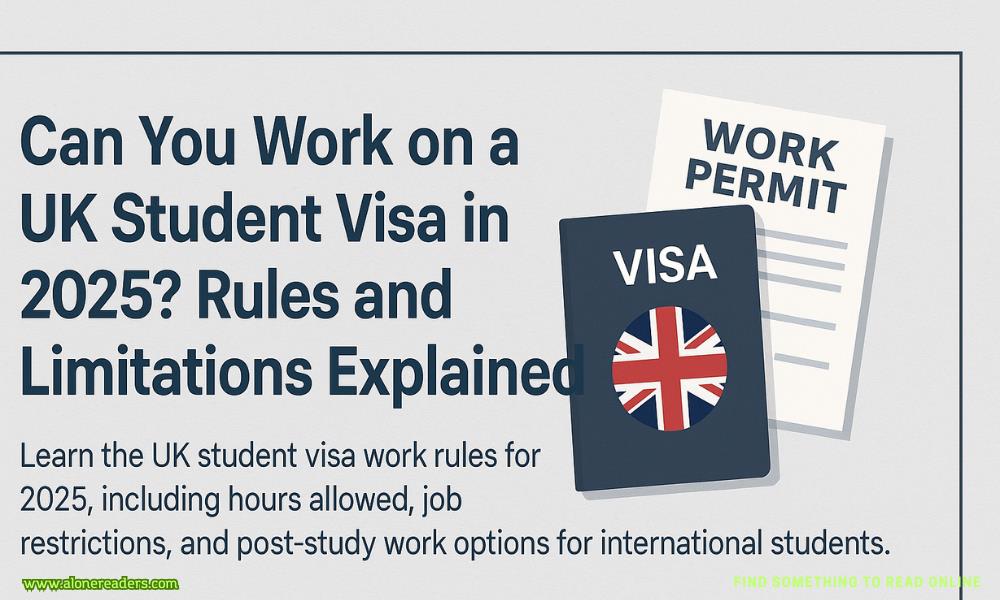Page 197 of War
The world is quiet for several seconds after that as I continue to pet his horse.
His words aren’t computing. I won’t let them.
“Everyone but the phobos riders,” he adds.
Eventually, I glance up at War. “What do you mean we’re leaving them behind?”
“At the next city we will leave them behind. I’m dismantling camp.”
Now it’s starting to sink in.
“What? Why?” My heart begins to race. “Are you planning on killing them?” Because I won’t let that happen. Not to Zara or Mamoon—and not to the others either.
War’s eyebrows come together. “I didn’t say that. I said I amleavingthem.”
“So, they’ll live?” I ask.
“Perhaps, perhaps not. But that will be up to their own fortune and luck.”
Now I’m trying to wrap my mind around this—that for the first time ever, War will free his captive army. They may be far from their homes—we’re now in Sudan, after all—but at least they’ll no longer be under War’s yoke.
I can’t seem to catch my breath. There are too many warring emotions inside me. Pain, that I’ll have to let my friend go; disbelief, that this might actually happen; wonder, that War is actually considering this. And then there’s a strange, niggling worry that creeps up on me.
This is a part of war that I’ve seen only once before. The end. The part where you withdraw your troops, you decommission your weapons, you decrease your standing army. I saw it when my country’s civil war ended.
Now it’s happening again.
Zara and Mamoon will get to live a real life—somewhere not full of death and sadness. For that matter, the rest of camp will get to live some semblance of a normal life. It won’t be the same as it was before, nothing can go back to the way it was, but they’ll get another shot at life, which is more than anyone else in this camp has gotten before.
“Why are you doing this?” I ask War.
He gives me a smile. “For your soft heart.”
Chapter 53
I don’t wantto let my friend go. I haven’t ever since War told me the news earlier this week, but now it’s really hitting me.
War already released his undead army twenty kilometers up the road, their badly decomposed bodies scattered among the dry earth, all that remains of his original army.
He freed his undead. Now it’s time to free the living.
Me, Zara, and the rest of camp stand in the middle of Dongola, a town in northern Sudan that sits along the edge of the Nile. It’s a striking, sunbaked place, and I hope it makes my friend happy.
Around us, the city’s residents watch us with suspicious eyes. The deal War struck with them was that he wouldn’t harm a single soul of theirs so long as they could incorporate War’s entire camp into their town.
They didn’t look particularly thrilled about it—and I don’t blame them, Dongola doesn’t look fully equipped to handle thousands more people—but when faced with the alternative, they accepted our lot.
Not that they’ll necessarily stick to the deal once we leave. That’s why War’s going to leave a zombie or two behind, just to keep tabs on them. After all, we humans make brittle vows.
Already adults and children are breaking away from our procession, carting away livestock and other forms of currency that they’ll need to rebuild their lives. I feel my heart ache watching them leave. We’ve all gone on this unique journey together. It’s a horrible sort of feeling to watch them go—and to be left behind.
“Are you going to be okay?” Zara asks. She holds the reins to a stinky, grumbly camel, the beast loaded down with goods. She has plenty of items to keep her and Mamoon comfortable, and yet I am still plagued with worry for them both.
I nod.
She glances down at my belly, which is starting to protrude. “You sure?”
Don’t cry. Don’t cry.
- Royally Matched by Jenna Brandt
- Objection by B. Love
- Angelo's Vengeance by Haven Fox
- Sunburned by Katherine Wood
- The Nightblood Prince by Molly X. Chang
- Bound By Stars by E.L. Starling
- Lunar's Ruined Alpha by Jennifer Eve
- Claiming His Rejected Mate by Flora R. Leigh
- The Orc's Stolen Shepherdess by Aurora Winters
- Susie's Orc by Leigh Miller
- Shadows of Stardust by Leigh Miller
- Holly's Grizzly by Leigh Miller
- Ophelia's Vampire by Leigh Miller
- Demon's Bane by Leigh Miller
- Monsters' Manor by Leigh Miller
- Kenna's Dragon by Leigh Miller







